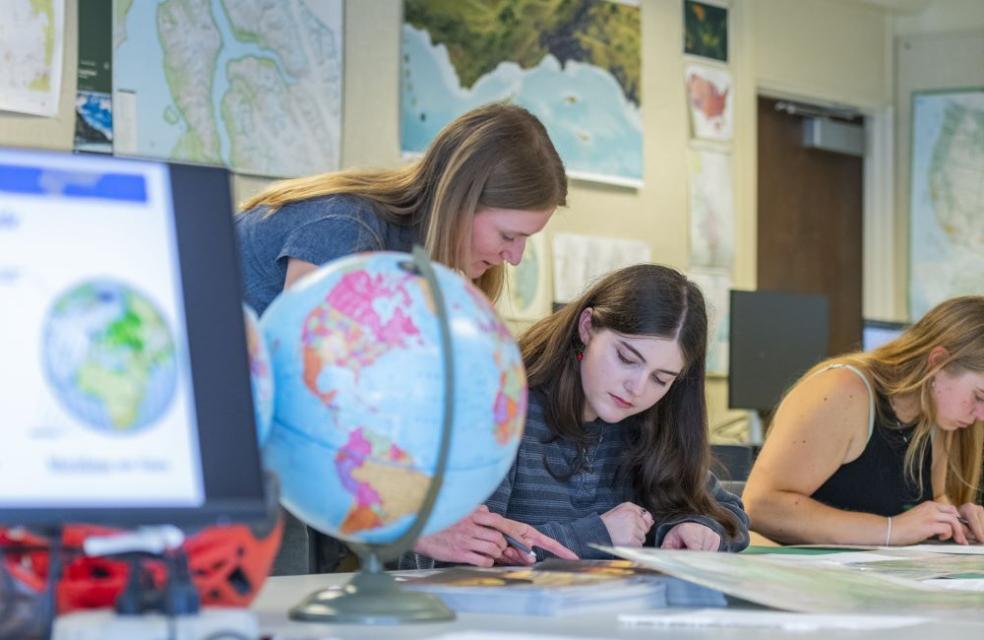
“It is our hope as principal investigators that the outcomes of this project will benefit any department on any university campus willing to put in the work to effect real change in supporting faculty diversity,” Rock says.
The project is funded by the NSF’s ADVANCE program, which supports “increased representation and advancement of women in academic science and engineering careers, thereby contributing to the development of a more diverse science and engineering workforce.”
Jieun Lee, professor of Geography, GIS, and Sustainability at the University of Northern Colorado (UNC) is the lead principal investigator, along with Rock, executive director of the University Consortium for Geographic Information Science (UCGIS), Gary Langham, executive director of the American Association of geographers (AAG); and Laxmi Ramasubramanian, Associate Provost for Faculty Success, The City University of New York, College of Staten Island (CUNY-CSI).
“For my fellow PIs and I, this is an opportunity to create real, systemic change for women in higher education, going beyond our past initiatives to support individuals and creating tools for departments and academic units to implement changes that uplift the individual and the institution,” Rock says.
The Geospatial sciences Alliance for International women faculty Advancement (GAIA) partnership reflects years of work on the issue of supporting foreign-born women who teach geography and all geospatial sciences in the United States, many of whom are women of color. Drawn from lessons learned during the first-ever 2022 Golden Compass convening, which focused on mentoring foreign-born women faculty and gathering insights for faculty equity and inclusion, GAIA aims to enhance and scale the insight and curriculum from the Golden Compass.
“This grant gives us an excellent platform from which we can continue the collaboration of Golden Compass, gather data about the experiences of women scholars from other countries, and develop implementation plans that lead to systemic change within university geography departments,” Lee says.
Over the next three years, the researchers and their corresponding institutions will engage with foreign-born women faculty to gather information on their experiences in U.S. institutions.
The findings and analysis will be available to the public and will include recommendations for how university departments can become more welcoming spaces.
In the final phase of the project, GAIA will work directly with departments that create an implementation plan for supporting their foreign-born women faculty, guiding each department and its leadership to ensure the effective adoption of the GAIA curriculum, programming, and measurable outcomes.
“This project is exactly the sort of partnership we want to invest in,” said Langham, executive director of AAG. “Academia needs to create spaces where all faculty can thrive, bringing their talents to institutions, students, and research. I take pride in our part in helping foreign-born women faculty succeed, persist in their careers, and find satisfaction in being geographers at U.S. institutions.”